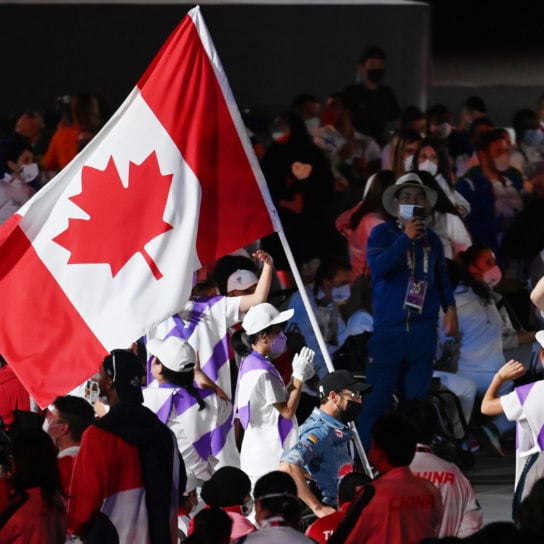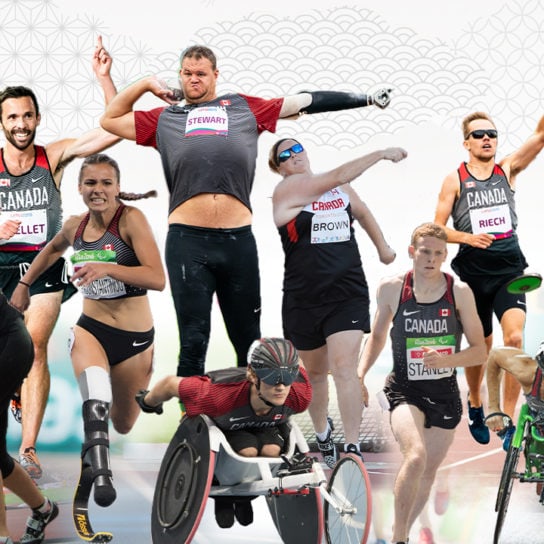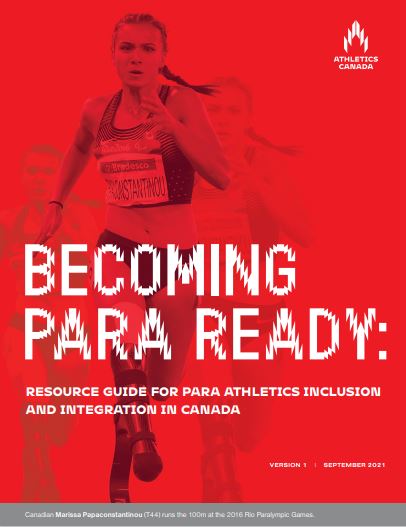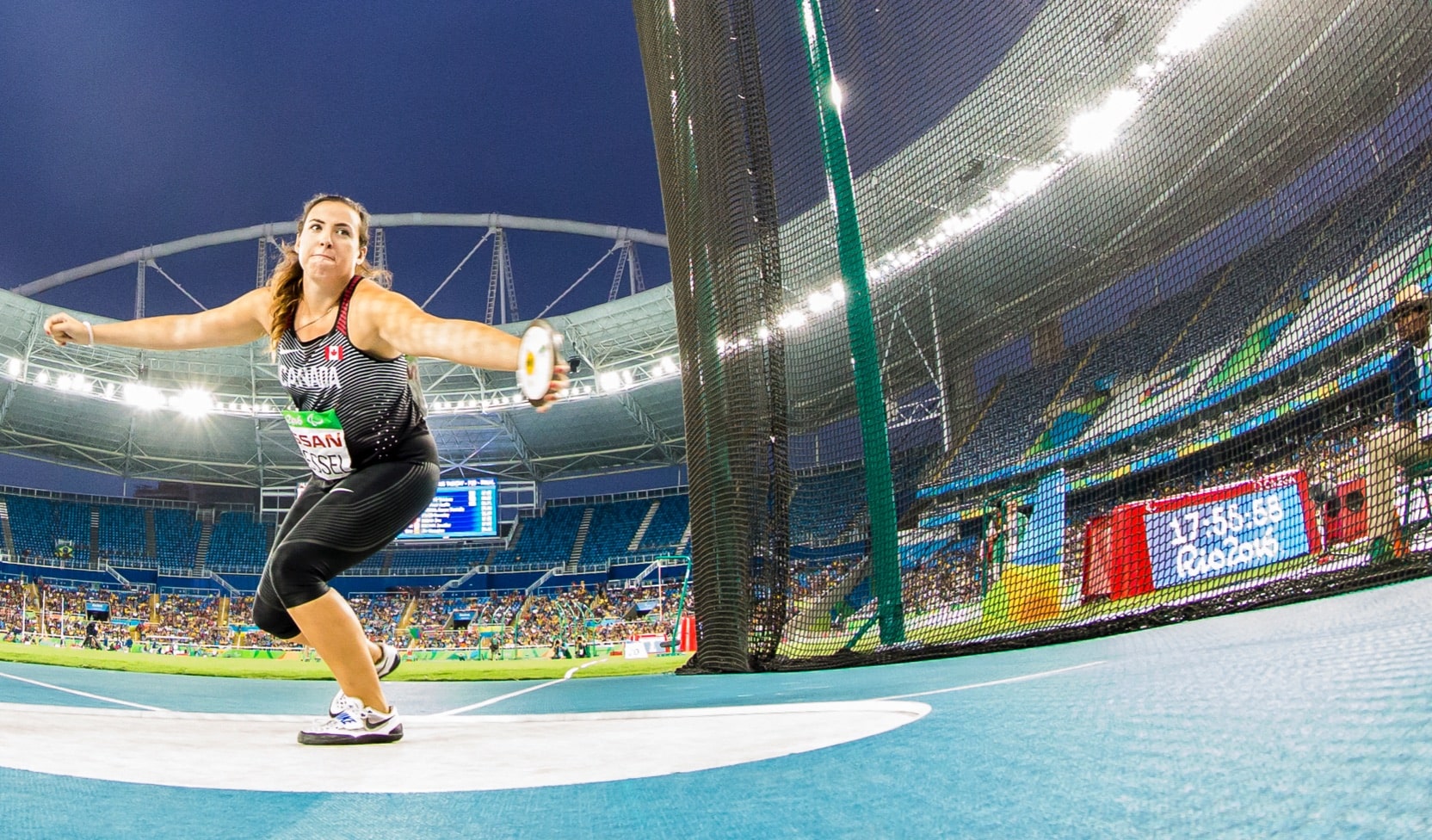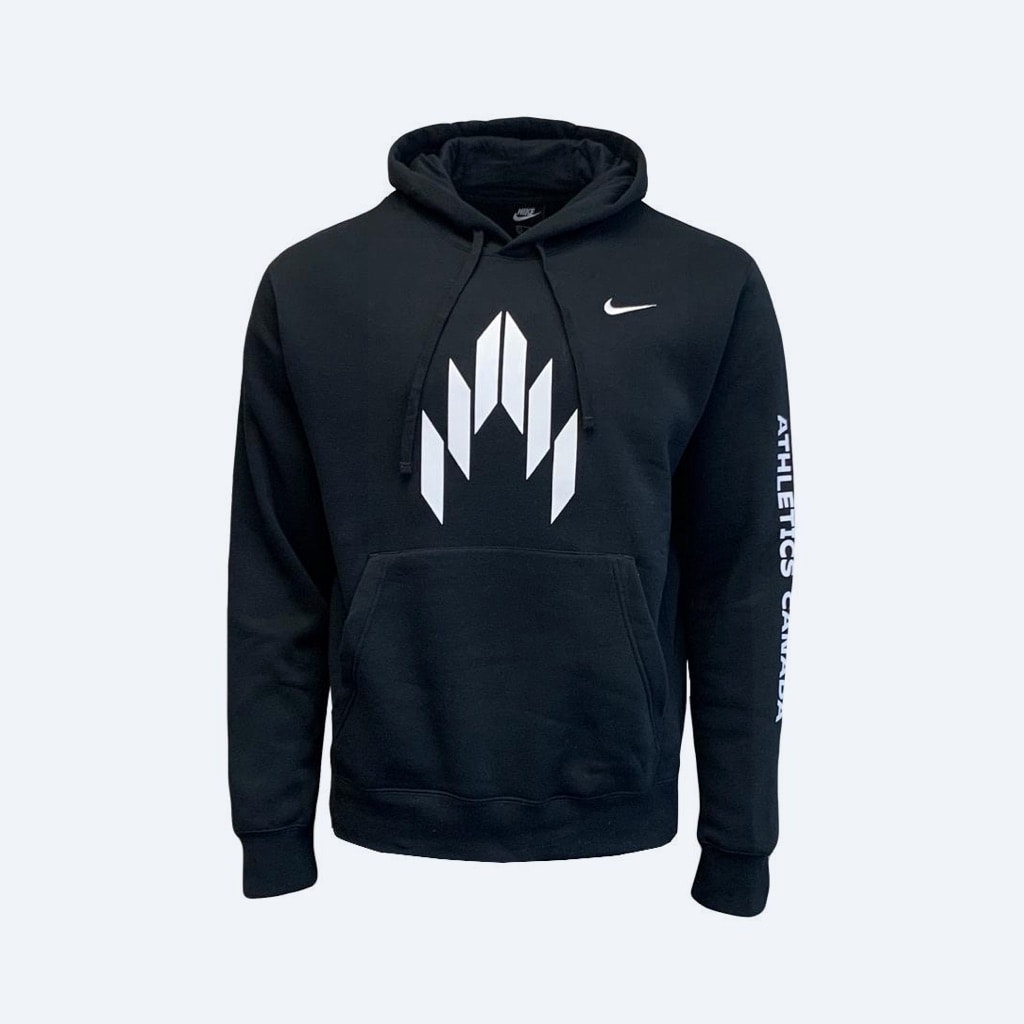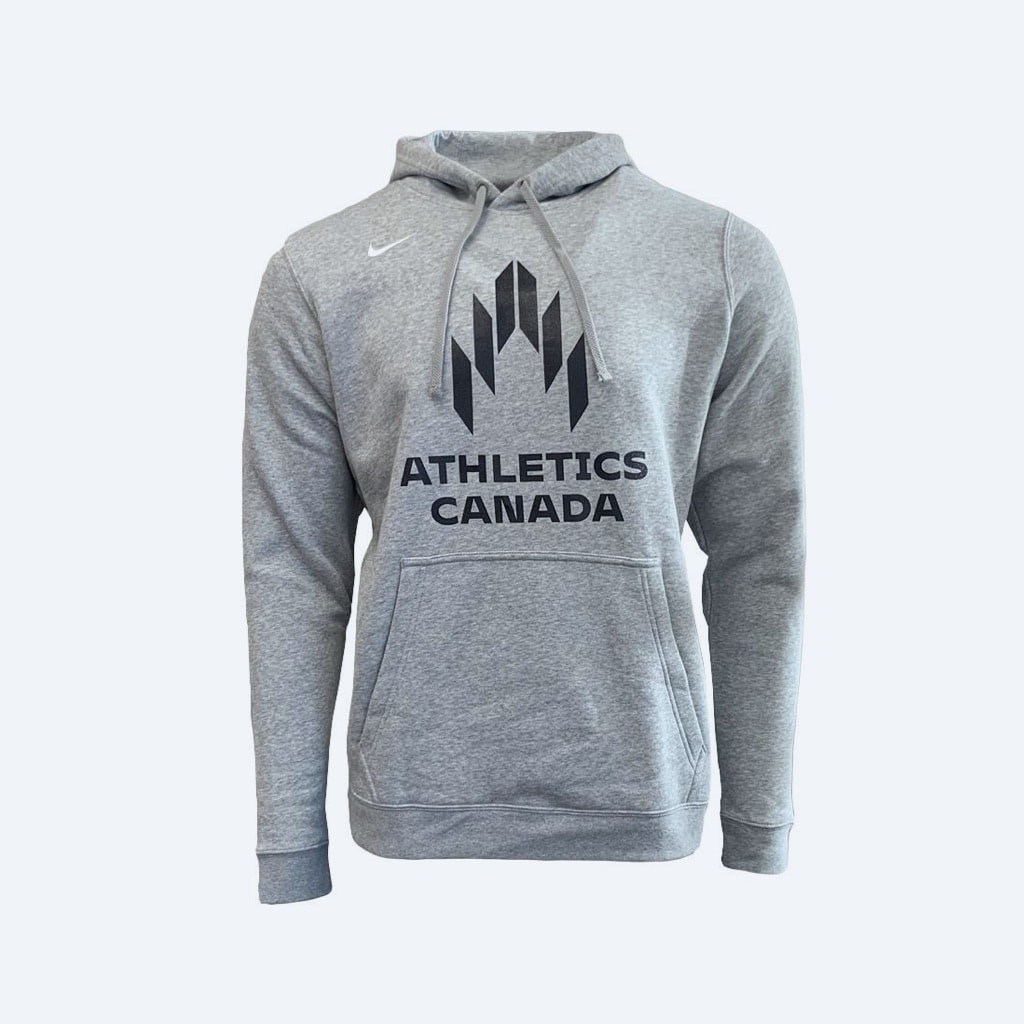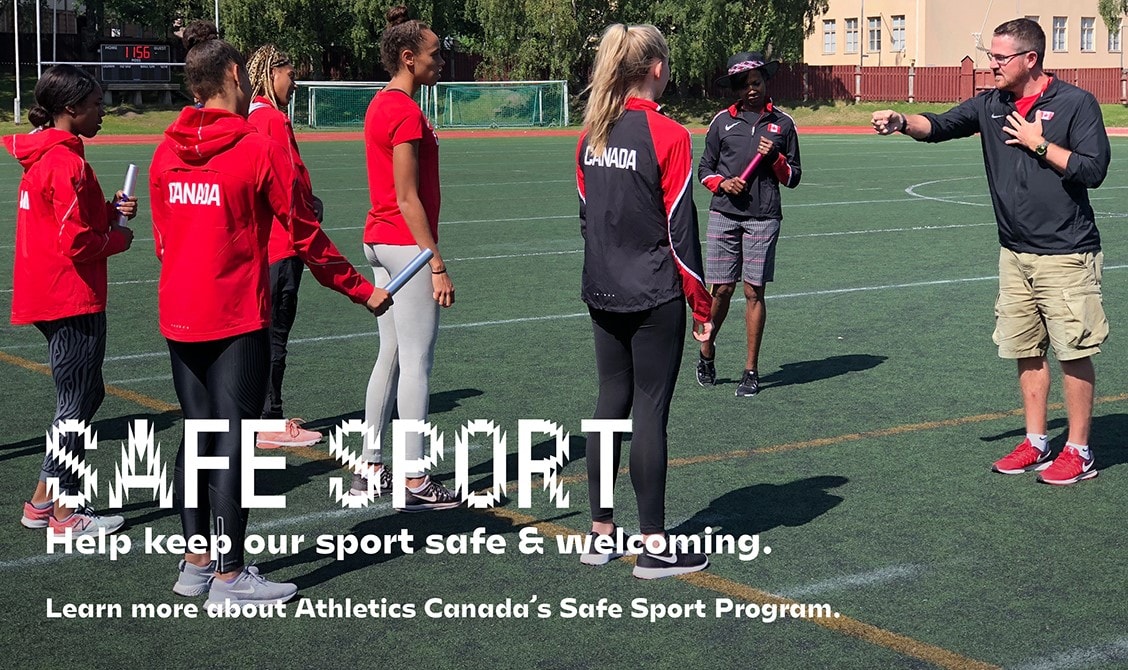December 3rd is the United Nation’s International Day of persons with disabilities.
Disability inclusion is an essential condition to upholding human rights, sustainable development, and peace and security. It is also central to the promise of the 2030 Agenda for Sustainable Development to leave no one behind. The commitment to realizing the rights of persons with disabilities is not only a matter of justice; it is an investment in a common future.
The global crisis of COVID-19 is deepening pre-existing inequalities, exposing the extent of exclusion and highlighting that work on disability inclusion is imperative. People with disabilities—one billion people— are one of the most excluded groups in our society and are among the hardest hit in this crisis in terms of fatalities.
The theme of this year’s International Day of persons with disabilities is: “Leadership and participation of persons with disabilities toward an inclusive, accessible and sustainable post-COVID-19 world.”
At Athletics Canada, we are investing in working toward a more inclusive and accessible community for our Para Athletes. Our vision is excellence for all in the sport of athletics. We recently launched our resource guide “Becoming Para Ready” aimed to help leaders commit to a more inclusive sport system in Canada. Recognizing our own gaps as people and a National Sport Organization in addressing inequities in inclusion is the first step in making a positive change for the future.
The best way to understand how to make an impact is to turn to the true leaders, our Paralympians and Para Athletics athletes.
We caught up with Tokyo 2020 Paralympic Champion Nate Riech, bronze medallist Marissa Papaconstantinou and universal relay team member Jessica Frotten. We asked them what actions they feel leaders can do to help move our Athletics and sport community toward the goal laid out by this year’s International Day of persons with disabilities. They also shared what they felt their own role is in leading the way toward an inclusive, accessible and sustainable post-Covid-19 world?
Jessica Frotten:
Navigating this COVID world and coming out on the other side needs everyone to come together. Creating a safe and welcoming environment for everyone to come back or get introduced to sport. Being aware of barriers and removing them whenever possible. Being inclusive is so much more than just being accessible. Acknowledging that and making positive action towards inclusivity is the role I feel leaders play.
Here in Saskatchewan we have so many people that came through rehab during lock downs that were never introduced to any adapted sports. We are just now able to start running some programs to get people involved. It's been such a game changer for a lot of these people to come out of their shell.
Keep up with Jessica on social media @frobot
Marissa Papaconstantinou:
What I think about when I see that theme is the importance on integration of individuals with disabilities in sport. It’s not just up to individuals with disabilities to seek out opportunities but leadership needs to be willing and accepting to create a positive and inclusive environment to make integration work at every level. I’ve always viewed my role in sport with hope to inspire the next generation of athletes that come through, whether they know they are an athlete or not yet. I was really lucky to have a great role model growing up and it’s important for us to see more Para athletes in mainstream lenses so that a kid out there can envision themselves doing the same things!
You can follow Marissa on social media @marissa_paps
Nate Riech:
First and foremost, I think the first important step is to identify and acknowledge that there are gaps and work toward addressing them. I also think it’s very important for Para athletes to get more comfortable in self-advocating for ourselves. This isn’t always something easy for everyone and it was something that was quite difficult for me due to my stutter. Every athlete and person with a disability has a different lived experience. Even if two people have the same disability, the effects may present in different ways. By finding an individual, unique voice, more change and awareness can be created.
In addition, leaders can provide and advocate for more opportunities for Para athletes to take part in speaking engagements, sponsorship campaigns and as ambassador. I’ve never met someone that doesn’t like Paralympic sport, they just didn’t understand it. By having more Paralympians and Para athletes as spokespersons, we increase the visibility of Para sport and athletes with disabilities. In closing, high performance sport is high performance sport, we train just as hard as our Olympic counterparts, our voices just need to be heard more so other people hear that story too.
Catch up with Nate on his podcast Strides with GrayWolf and on social media @NateGraywolf
